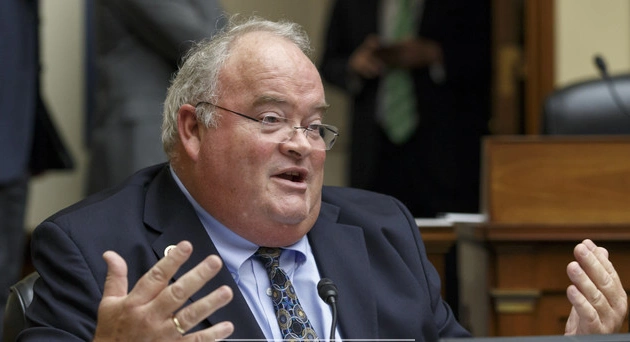
The Senate’s recent decision to confirm Billy Long as the head of the Internal Revenue Service (IRS) has significant implications for tax compliance. Amid ongoing downsizing and organizational changes at the agency, Long’s appointment comes at a critical juncture.
Transition in Leadership
Following a 53-44 vote, Long’s confirmation concludes a rigorous seven-month process that commenced in December when President Donald Trump nominated him for the position. As a former six-term congressman from Missouri, Long brings a wealth of political experience to the role.
Challenges and Opportunities
The IRS is currently undergoing a period of transition, marked by workforce reductions and technological advancements. The Treasury Department’s efforts to enhance IRS technology and leverage artificial intelligence for tax compliance underscore the evolving landscape Long will navigate.
Despite opposition from Democrats citing concerns over Long’s past affiliations and policy stances, Republicans have expressed confidence in his ability to lead the agency effectively. With a focus on accountability and transparency, Long aims to instill a results-driven approach at the IRS.
Future Outlook
As Long assumes his new role, the IRS faces pressing challenges in upholding tax laws and addressing compliance issues. His commitment to upholding the agency’s integrity and impartiality will be closely monitored by stakeholders and the public alike.
With a mandate to enhance tax compliance and streamline operations, Long’s tenure as IRS chief is poised to shape the future trajectory of the agency. His leadership style and strategic vision will play a pivotal role in restoring public trust and confidence in the IRS’s capabilities.











